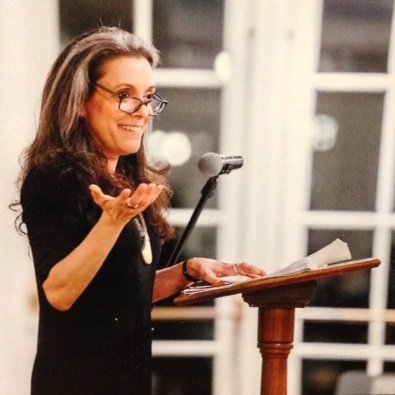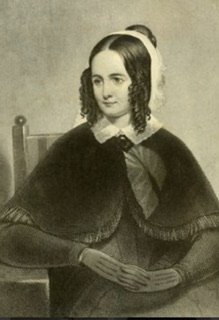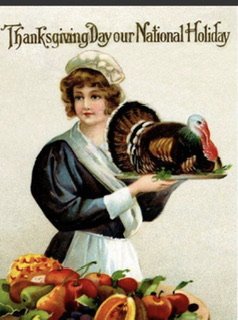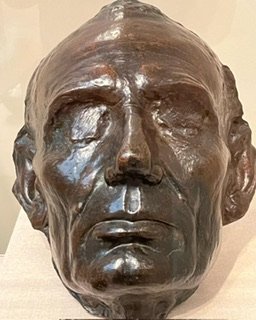Dr. Joanne B. Freeman
The American Revolution and the Revolutionary War are difficult events to teach. First of all, most treatments fail to establish sufficient context for Europeans in the Americas, the various cultures of the different British colonies and how they related to each other, as well as their mother country.
The French and Indian War (1754-1763), a part of the 7 Years War between Britain and France that set off conflicts between several European powers throughout the continent and numerous colonial sites around the globe, is too often glossed over.
Finally, as with many historical subjects, there is so much myth and political rhetoric heaped upon the actual history of these events that it can be arduous to find information that has not been sensationalized and oversimplified.
Joanne B. Freeman’s course on the topic, available as a podcast by Open Yale Courses, begins by clarifying that the Revolutionary War and the American Revolution were related, but distinct things. The lectures that make up the course are detailed, but listenable. They do an excellent job of presenting the subject to a modern audience by delving into the contexts of place, people, and events. Freeman presents at a brisk pace, but repeats and emphasizes points that provide greater clarity.
Figures of the Revolutionary Era that often suffer from dull, overly-reverent descriptions are examined with diligence, humor, and a critical eye. Historians often rely too heavily on dates, figures, and theoretical analysis without doing the historical-imaginative work of painting a portrait of the past that gives their audience a rich sense of time and place, allowing them to see historical figures as flesh and blood people, and events as chaotic contingencies, rather than rigid inevitabilities.
Rather than teaching the American Revolution as a propaganda exercise meant to instill national pride, or countercultural antipathy, Freeman presents it as a phenomenon to be investigated culturally and politically, and related to earlier and later eras, including our own.
Sources:
The American Revolution- Open Yale Courses




